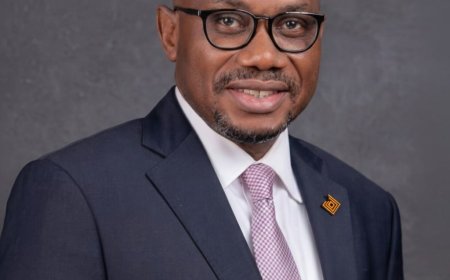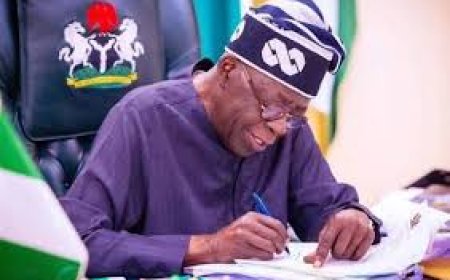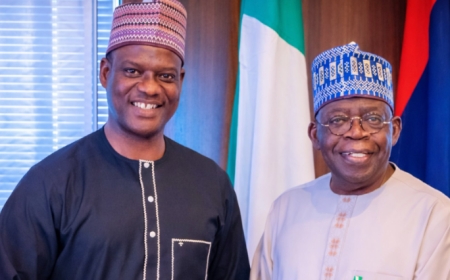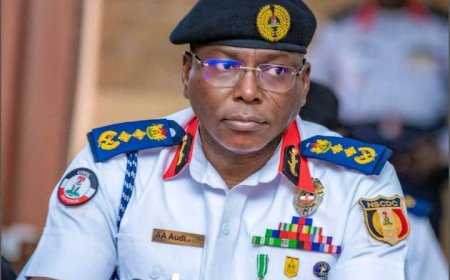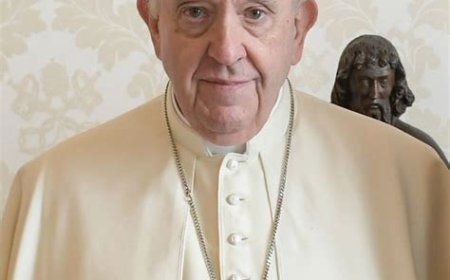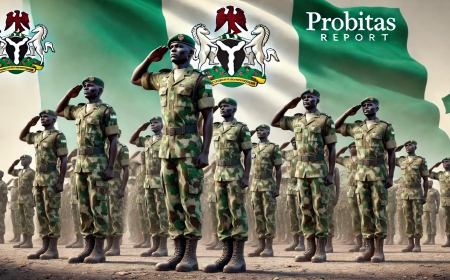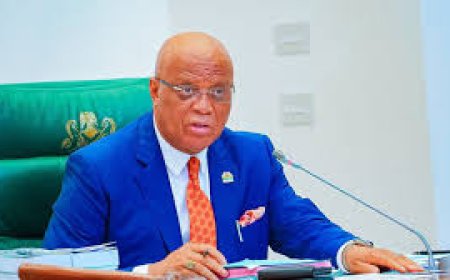Tensions Rise as Trump Threatens Military Action Over Nigeria’s Christian Killings, Tinubu Rejects Allegations
US–Nigeria tensions escalate as President Trump threatens military action over alleged Christian killings; President Tinubu denies persecution claims.
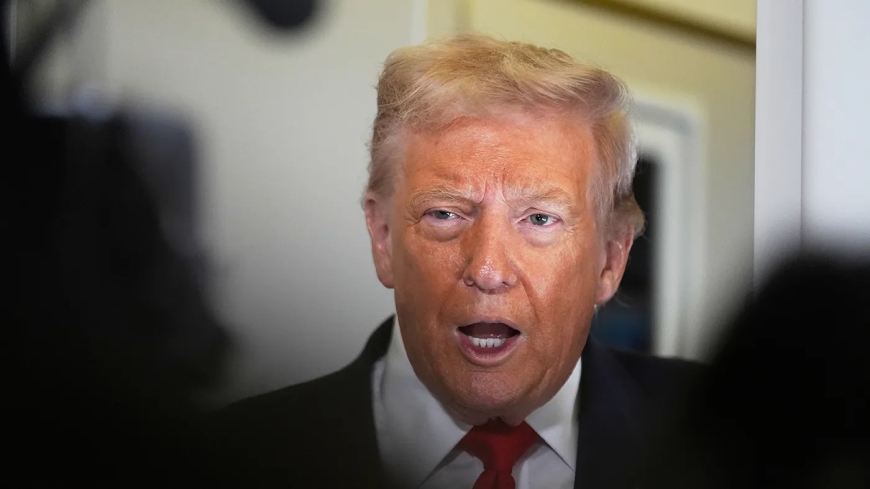
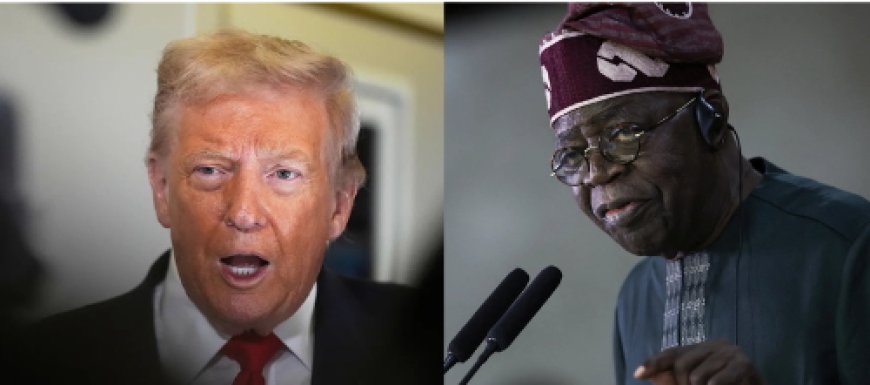
A Diplomatic Firestorm: Unpacking the U.S. - Nigeria Clash Over Security and Sovereignty
It’s a headline that feels like it’s from a different era: a U.S. president threatening military action in Africa over religious violence. Yet, that’s precisely the seismic shock that has rattled diplomatic circles this week. The sudden, sharp escalation between the United States and Nigeria, a key African ally and the continent’s largest economy has thrown a complex, painful crisis into a blinding and politically charged spotlight.
At the heart of the matter are Trump Nigeria Christian killings allegations, which the former and once-again president has used to justify an unprecedented threat. But as with most things in international relations and particularly in Nigeria, the reality on the ground is far more nuanced than the political rhetoric suggests. This isn’t just a story about a threat; it’s a story about conflicting narratives, national pride, and the dangerous oversimplification of a deeply rooted security nightmare.
Let’s unpack what’s really happening.
The Spark: Trump’s Threat and the “Department of War”
The fuse was lit when President Donald Trump publicly accused the Nigerian government of standing by whilst, in his words, a "mass slaughter" of Christians unfolds. In a dramatic statement, he declared he had ordered the Pentagon, which he pointedly referred to by its archaic name, the "Department of War" to prepare for potential US military threat Nigeria operations if the violence does not cease immediately.
Accompanying this threat was the formal designation of Nigeria as a “Country of Particular Concern” for religious freedom violations and a vow to immediately halt U.S. aid. The message was clear and confrontational: protect this community, or face the consequences. This move aligns with a broader, assertive Trump foreign policy 2025 approach that prioritizes religious freedom as a core national security issue, even when it means challenging allied governments.
For many of his domestic supporters and certain advocacy groups, this was a long-overdue stand against impunity. For the Nigerian government, it was a profound and unacceptable provocation.
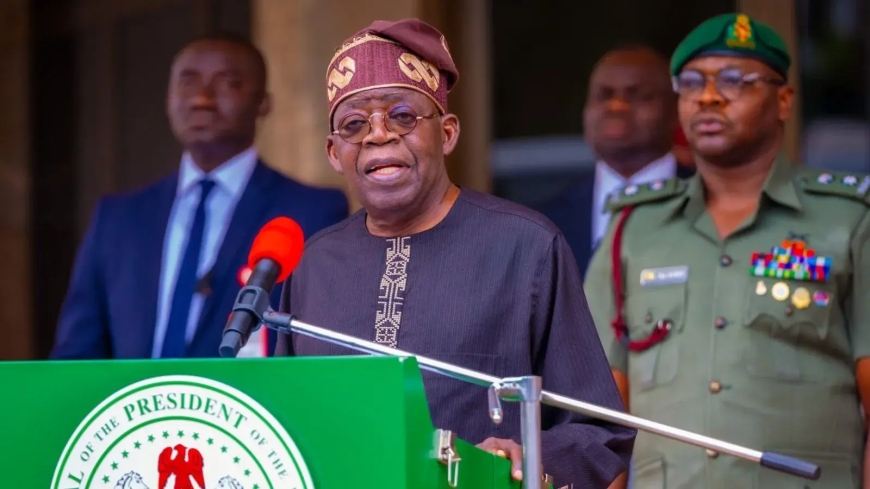
- NestOil Headquarters Sealed Over $1 Billion Debt, Stakeholders Receive Urgent Update
- OTL 2025: Oyebanji Says Deregulation Sparks Renewed Focus on Infrastructure and Long-Term Growth in Downstream Sector
- OTL Platform Has Played A Crucial Role In Shaping Agenda For Downstream Development Across Africa- Sanwo-Olu
- Tinubu Reaffirms Support for Dangote Refinery Expansion, Calls on Africa to Harness $120B Oil Market
- OTL 2025: Africa’s Downstream Energy Leaders Unite to Drive Market Innovation and Strategic Investment
- OTL Africa Downstream Energy Week 2025 in Lagos: Driving Africa’s Downstream Transformation
The Pushback: Tinubu’s Firm Rejection of Allegations
The response from Abuja was swift, firm, and unequivocal. The Tinubu response was not one of a client state being chastised, but of a sovereign nation defending its record and its integrity. President Bola Tinubu’s administration categorically denied the charges of state-tolerated Christian persecution Nigeria, labeling the U.S. figures as "wildly exaggerated" and "unsubstantiated."
Through his spokespeople and the Foreign Ministry, Tinubu’s government articulated a clear position: Nigeria is grappling with a multi-headed monster of insecurity that affects all Nigerians, regardless of faith. They emphasized that framing the conflict purely in religious terms is not only inaccurate but also dangerously counterproductive. As reported by Reuters, a presidency spokesperson stated that Nigeria welcomes international assistance in its fight against terrorism, but only if it respects the nation's sovereignty.
This firm stance highlights a critical Nigeria sovereignty dispute. The Nigerian government perceives Trump’s threat as a violation of its right to manage its own internal affairs and a misdiagnosis of the problem based on flawed intelligence. The latest Trump Tinubu news cycle is thus a classic clash between a superpower’s desire to impose its moral framework and a developing nation’s fierce protection of its autonomy.
Beyond the Headlines: The Complicated Reality of Nigeria’s Violence
So, if the Nigerian government insists the situation is not a simple religious war, what is actually happening? This is where we must separate verified facts from political narratives. The landscape of Nigeria religious violence is not a binary conflict between Muslims and Christians. It is a tangled web of overlapping crises:
Terrorist Insurgencies: Groups like Boko Haram and its more potent splinter faction, ISWAP attacks, are responsible for a massive number of civilian deaths. Whilst they often target Christians for being "infidels," their primary goal is to establish an Islamist caliphate, and they kill far more Muslims who oppose their ideology or fail to adhere to their strict interpretation of Islam.
Farmer-Herder Clashes: In Nigeria’s Middle Belt, long-simmering conflicts between predominantly Christian farmers and predominantly Muslim herders over scarce land and water resources have become increasingly violent and militarized. These clashes are primarily driven by climate change, desertification, and population pressure, though they frequently take on a religious tint.
Widespread Banditry: In the northwest and central regions, criminal gangs known as "bandits" terrorize rural communities. Their primary motive is economic: kidnapping for ransom, cattle rustling, and looting. They attack indiscriminately, killing and abducting Christians and Muslims alike.
Independent data from organizations like the Armed Conflict Location & Event Data Project (ACLED) corroborates this complexity. A Washington Post analysis of the situation noted that whilst Christians do face targeted attacks, the majority of civilian casualties in Nigeria’s conflicts are Muslim. This directly challenges the "Christian genocide" narrative, revealing a tragedy where no group is spared.
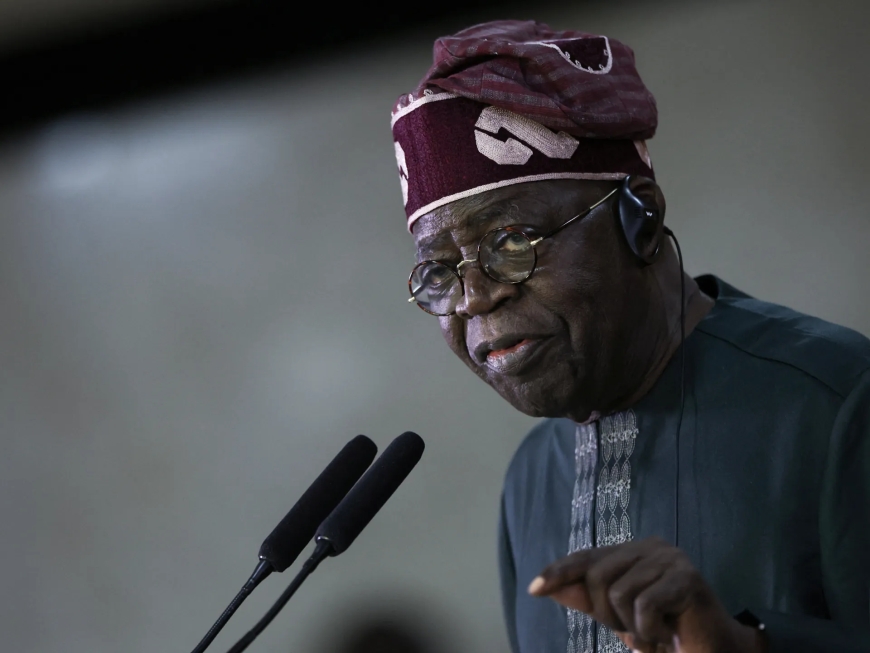
By the Numbers: A Disputed Toll
The statistics on fatalities are one of the most hotly contested aspects of this dispute. U.S. lawmakers and some advocacy groups cite numbers in the tens of thousands for Christian deaths alone. However, independent researchers urge caution, pointing out that comprehensive, verifiable data segregated purely by religious motivation is extremely difficult to compile.
The table below, based on analysis from sources like the BBC and data aggregators, attempts to outline the primary actors and the nature of their violence to provide clearer context:
|
Primary Perpetrator |
Primary Motivations |
Nature of Violence & Impact |
|
Boko Haram / ISWAP |
Islamist Ideology, Anti-State |
Indiscriminate terrorist attacks on civilians (both Christian and Muslim), government targets, and international institutions. |
|
Clashes between Herders & Farmers |
Resource Competition (Land, Water), Ethnic Rivalries |
Communal violence often framed in religious terms due to the groups' dominant faiths, but roots are socio-economic. |
|
Armed Bandits |
Economic Gain, Criminal Enterprise |
Widespread kidnappings, raids on villages, and killings with no explicit religious ideology, affecting all communities. |
This breakdown illustrates why the Nigerian government and many analysts bristle at the "Christian genocide" label. It erases the immense suffering of Muslim victims and misidentifies the core drivers of the violence, which are a toxic blend of ideology, criminality, and resource war.
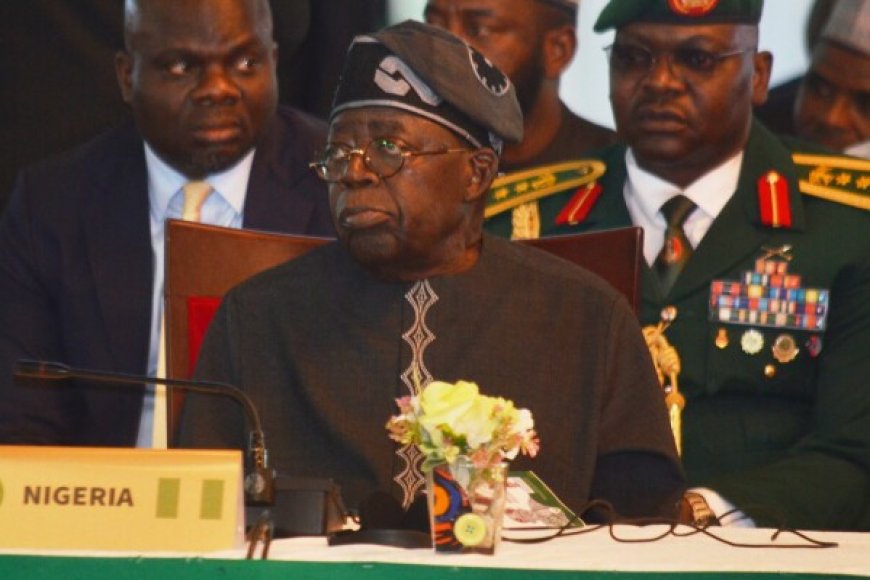
The Bigger Picture: What’s at Stake for US Africa Relations
This diplomatic crisis is about much more than one threat. It’s a pivotal moment for US Africa relations. For years, the U.S. approach has been a mix of counter-terrorism partnership and humanitarian aid. Trump’s threat represents a radical shift toward unilateral, hard-power intervention based on a specific domestic political priority.
The risks are immense. Aid cuts could cripple development and public health programs that benefit millions. A unilateral military strike, however limited, would be a catastrophic breach of sovereignty that could destabilize the entire region and fuel anti-American sentiment. Furthermore, it plays directly into broader geopolitical tensions. As noted by Al Jazeera, this aggressive posture could push Nigeria, and by extension West Africa, closer to strategic competitors like China and Russia, who are often quick to frame themselves as partners who respect national sovereignty without preconditions.
A Path Forward Through Complexity
The escalating tension between the U.S. and Nigeria is a diplomatic tinderbox. The plight of Nigerian Christians, particularly in the north, is real and horrifying; they are victims of targeted violence that demands a serious and effective response. The Nigerian government must take the lead in addressing this crisis. While international assistance can be welcome, the current U.S. threat of military action is a dangerously blunt instrument for a profoundly delicate problem. Any external support must be offered as a partnership that respects Nigeria's sovereignty, not as an ultimatum that undermines it.
The path forward requires moving beyond simplistic narratives. It demands a partnership that respects Nigerian sovereignty whilst providing robust support for judicial reforms, community-led peacebuilding initiatives, and intelligence-driven security operations that address all the drivers of violence: ideological, criminal, and economic.
The world is watching this Nigeria sovereignty dispute unfold. The outcome will not only determine the safety of millions of Nigerians but also set a new and potentially volatile precedent for how a superpower interacts with a continent navigating its own complex future. One can only hope that cooler heads, armed with accurate data and a respect for complexity, will prevail.
By Patrick Ifijeh, Senior International Reporter at ProbitasReport
ADVERTISEMENT

Share this story: Tinubu's Support For Dangote
Contact: report@probitasreport.com
Stay informed and ahead of the curve! Follow The Probitas Report on WhatsApp for real-time updates, breaking news, and exclusive content—especially on integrity in business and financial fraud reporting. Don’t miss any headlines—connect with us on social media @probitasreport and visit www.probitasreport.com
© 2025 Probitas Report – All Rights Reserved. Reproduction or redistribution requires explicit permission.
What's Your Reaction?







